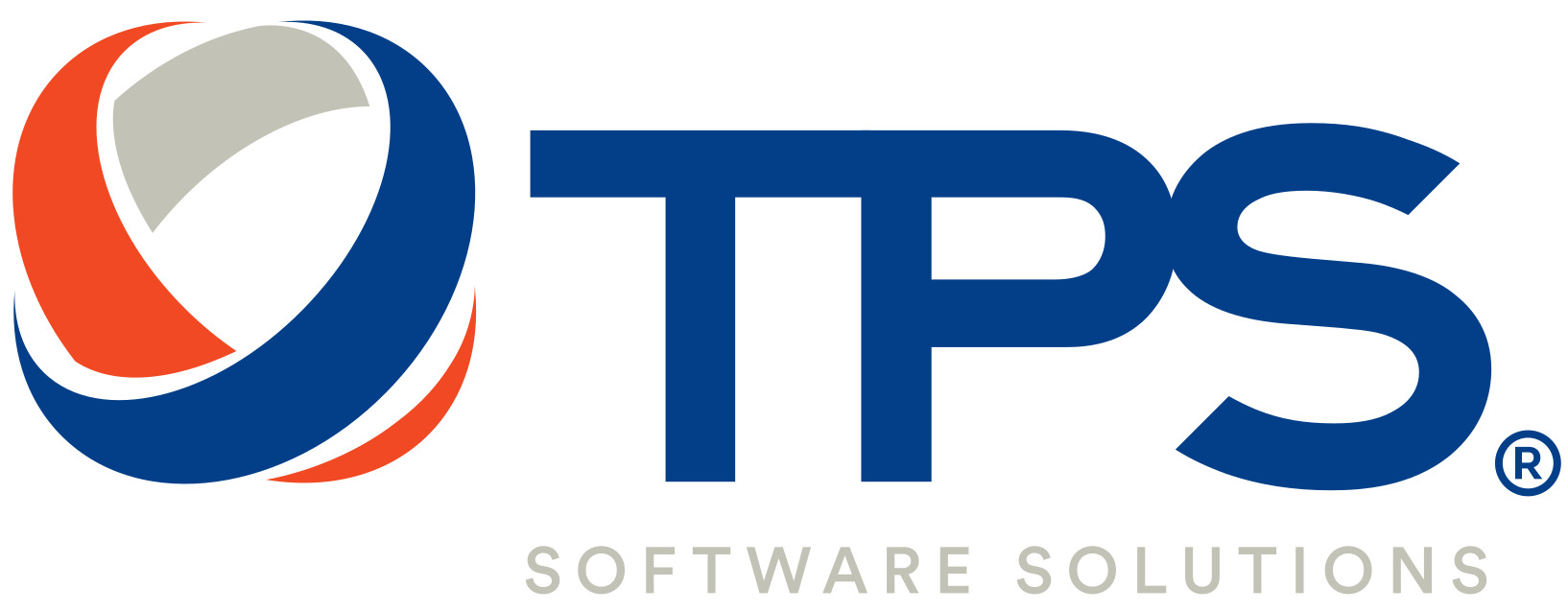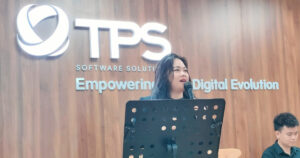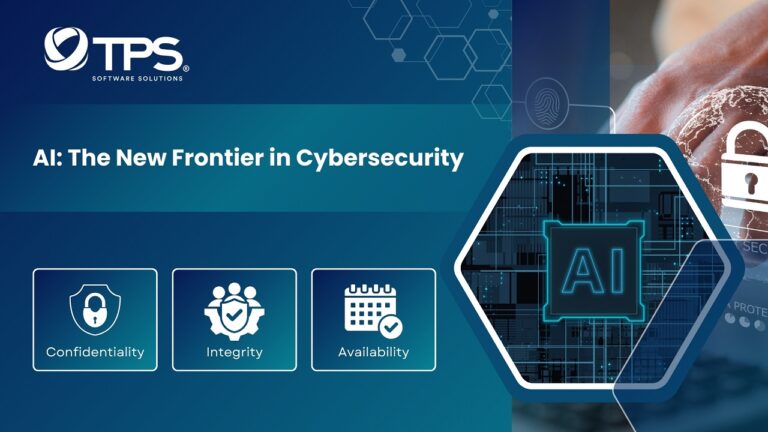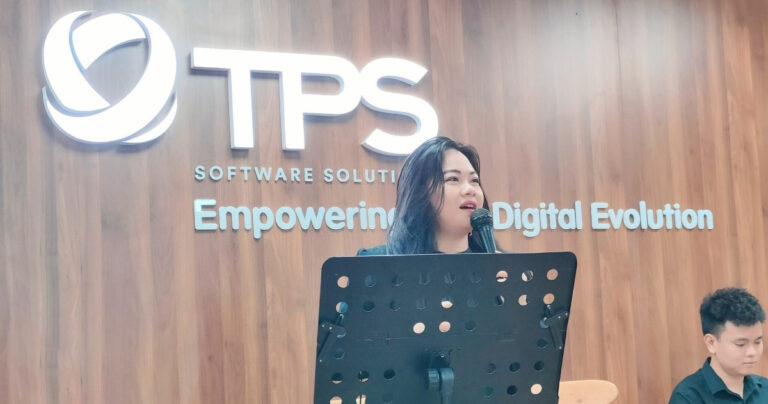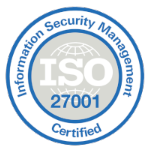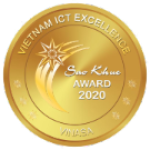Introduction
In today’s fast-paced digital landscape, staying ahead of the curve in software product development is crucial for businesses looking to maintain a competitive edge. Three technologies, in particular, have emerged as game-changers in this space: Artificial Intelligence (AI), the Internet of Things (IoT), and Blockchain. In this article, we will explore software product development trends, and statistics, and delve into the compelling reasons for enterprises to collaborate with software development outsourcing companies for successful implementation.
The Rise of AI in Software Product Development
Artificial Intelligence (AI) has witnessed exponential growth in software development. According to a report by Grand View Research, global AI software revenue is projected to reach a staggering $1.81 trillion by 2030. It also states that the AI market is expected to reach a CAGR of 38.1%.
AI-driven algorithms are revolutionizing software products by enhancing automation, decision-making, and predictive capabilities. AI is being integrated into various software products, including customer service chatbots, data analytics tools, and recommendation systems, to provide more personalized and efficient solutions.
Statistics
- Based on a Gartner survey, AI adoption rates have increased by 270% over the past four years in enterprises, and triple compared to the previous year.
- One survey from MIT found that 87% of global businesses believe that AI will provide a competitive advantage. Compared to 2022, this rate has increased 12%.
- PWC made certain projections indicating that by the year 2030, AI technology has the potential to generate substantial revenue of approximately $15.7 trillion, contributing to a significant boost in the GDP of local economies, potentially increasing it by an additional 26%.

The IoT's Impact on Software Product Development
The Internet of Things (IoT) is another trend reshaping software development. Statista predicts in the report that the number of connected IoT devices will exceed 29 billion by 2030. Research conducted by Precedence Research states that the estimated size of the worldwide industrial Internet of Things (IoT) market in 2022 stood at approximately USD 320.9 billion. Projections indicate that it is poised to reach approximately USD 1,562.35 billion by the year 2032, with a recorded compound annual growth rate (CAGR) of 17.2% during the forecast period spanning from 2023 to 2032.
This interconnected web of devices presents immense opportunities for software product developers. Software products are increasingly leveraging IoT data for real-time insights, remote monitoring, and improved decision-making. IoT-driven software can be found in industries such as healthcare, manufacturing, and smart home solutions.
Statistics
- As per Grand View Research, the healthcare IoT market is projected to achieve a valuation of $534.3 billion by the year 2025.
- Additionally, Statista’s reports indicate that smart city initiatives yielded a total of $89.49 billion in the year 2023.

Blockchain's Role in Software Product Development
Blockchain technology has disrupted various industries, from finance to supply chain management. According to Statista, the global blockchain technology market is predicted to grow to over $42 billion by 2025. Blockchain’s immutable ledger and enhanced security features are being incorporated into software products for secure data storage, transparent transactions, and supply chain traceability.
Statistics
- 55% of surveyed organizations across industries are considering blockchain adoption.
- 95% of surveyed logistics professionals believe that blockchain will be important for their industry.

Why Enterprises Should Collaborate with Software Development Outsourcing Companies
As these emerging technologies become integral to software product development, enterprises are faced with a pressing question: Should they handle development in-house or partner with experienced outsourcing companies? Several compelling reasons support the latter choice:
Access to Specialized Expertise
Emerging technologies, such as AI, IoT, and Blockchain, require specialized knowledge and expertise for successful implementation. Software development outsourcing companies often have teams of skilled professionals who are well-versed in these technologies. By partnering with them, enterprises gain access to a pool of experts who can navigate the complexities of these cutting-edge solutions. This expertise ensures that software products are developed efficiently, leveraging the full potential of AI, IoT, and Blockchain.
Cost-Efficiency
Developing software products incorporating AI, IoT, or Blockchain internally can be cost-prohibitive. Outsourcing offers a cost-effective alternative. It allows enterprises to tap into skilled development teams without the overheads associated with maintaining an in-house workforce. Outsourcing partners can optimize development processes, reducing overall project costs while maintaining high-quality results.
Global Talent Pool
Software development outsourcing companies often operate on a global scale. This means they can source talent from around the world, offering a diverse range of skills and experiences. Enterprises can benefit from this global talent pool, ensuring that their software development projects are staffed with individuals who possess the specific expertise required for AI, IoT, or Blockchain implementation. This diversity fosters innovation and creativity, leading to more robust and innovative software products.
Faster Time-to-Market
Time-to-market is a critical factor in software product development. Enterprises aiming to seize opportunities in rapidly evolving markets cannot afford delays. Software development outsourcing companies are typically equipped to expedite development processes. Their experience and streamlined workflows can significantly reduce development timelines, helping enterprises bring their AI, IoT, or Blockchain-driven products to market faster, gaining a competitive advantage.
Risk Mitigation
Implementing emerging technologies carries inherent risks, such as technical challenges, security concerns, and changing regulatory landscapes. Software development outsourcing companies often have experience dealing with these risks and can implement robust risk mitigation strategies. They ensure that software products adhere to industry standards and compliance requirements, reducing the potential for costly setbacks.
Focus on Core Competencies
By partnering with outsourcing companies, enterprises can delegate the technical aspects of software development, allowing them to focus on their core competencies and strategic objectives. This division of labor ensures that enterprises can concentrate on their unique value proposition and market differentiation, leaving the technical intricacies to experts in the field.
Conclusion
In conclusion, the software product development landscape is rapidly evolving, with AI, IoT, and Blockchain leading the way. Collaborating with software development outsourcing companies ensures access to expertise, cost-efficiency, and a competitive edge in harnessing these transformative technologies. As businesses strive for innovation and growth, strategic partnerships with outsourcing experts become increasingly essential.
